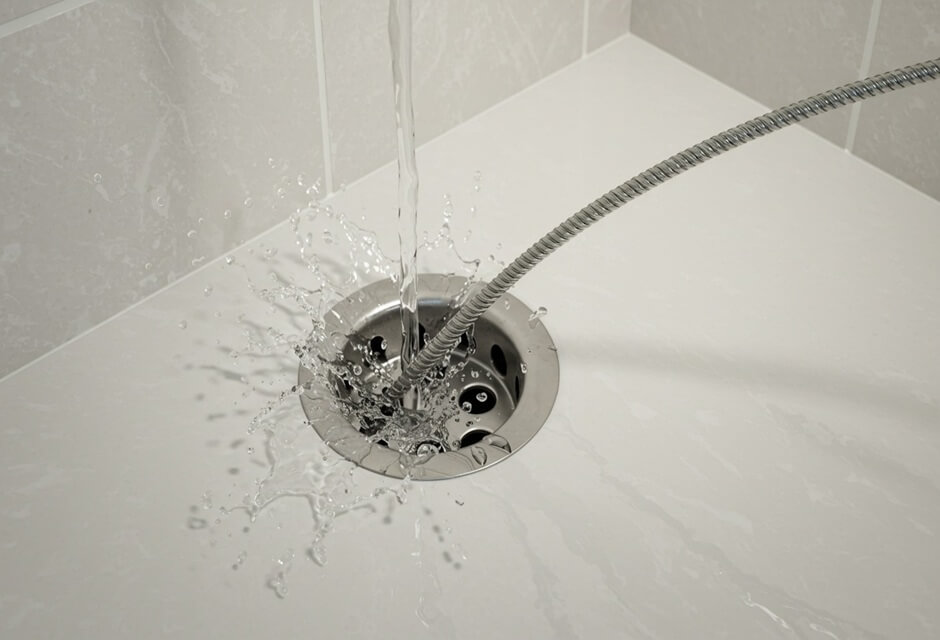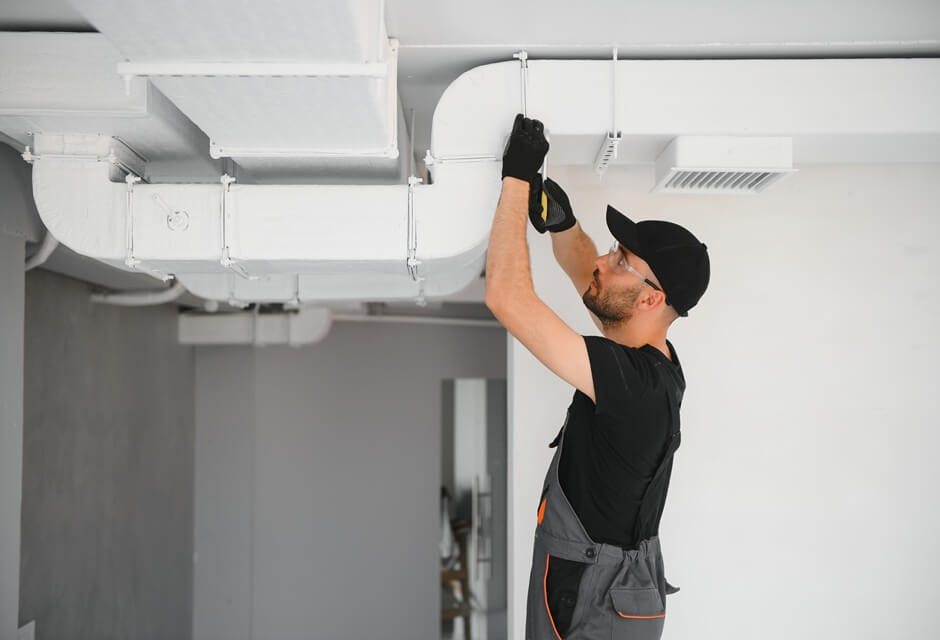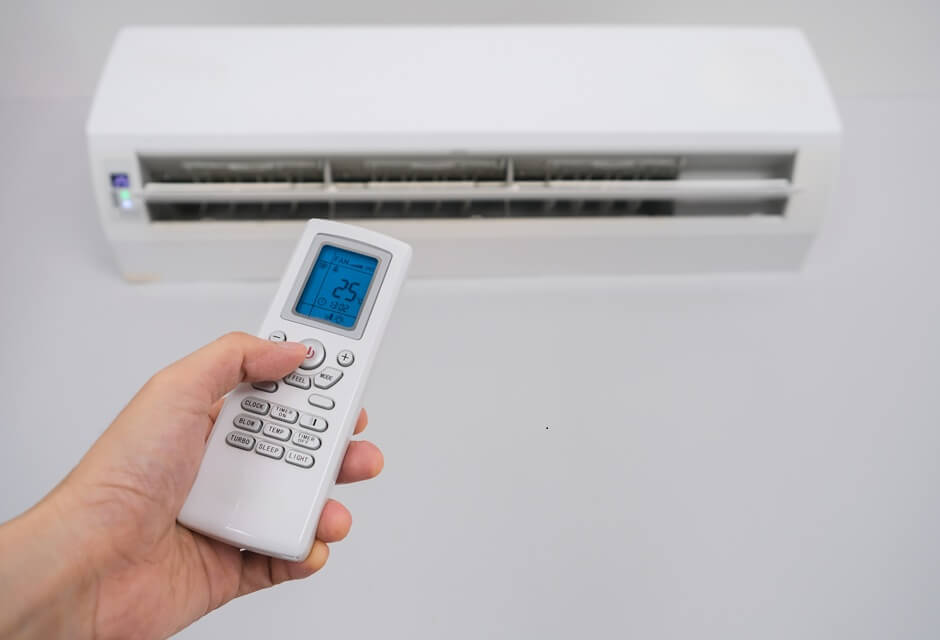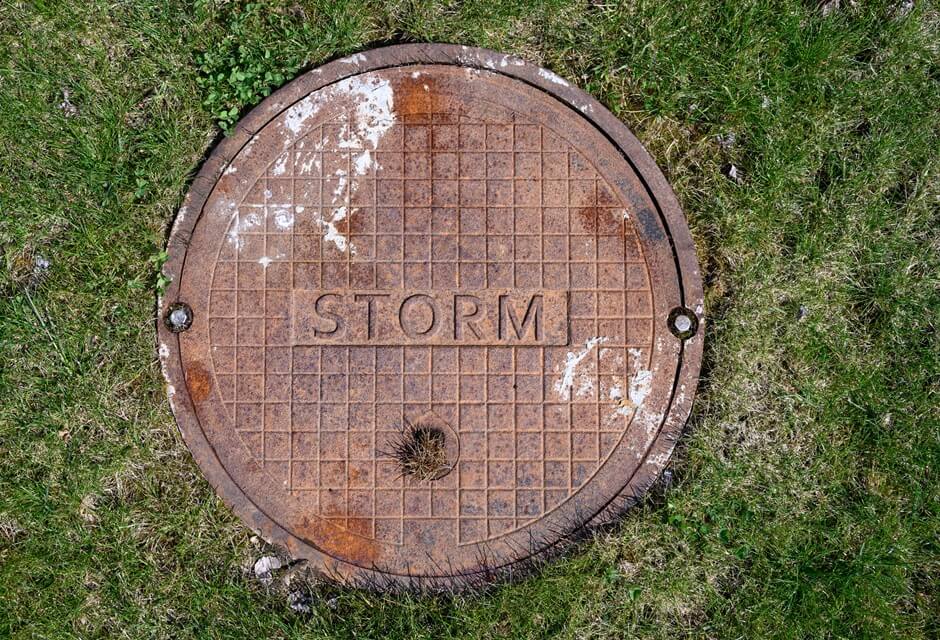There’s no arguing here that water is the basis of life and we use this essential substance every day. Whether it’s taking a bath, running the dishwasher, or gardening, water is essential in the way we live.
For this reason, water leaks aren’t always hard to find but they are so easy to ignore, especially if it’s a small drizzle or drips.
Well, even those tiny drops matter because if they aren’t fixed, they can cost you a lot of money in the long run, whether it’s in water bills or maybe even in water heater repair.
How to Identify Water Leaks

Sometimes water leaks may not be obvious to you. In fact, people live with leaking faucets for years and they barely notice them.
In some cases, there may be too many leaks in separate places to a point that everything looks normal. Well, it isn’t. In fact water leaks could suggest a lot of underlying plumbing issues.
Here are a few subtle ways you can use to identify leaks in your home so that you can do the right repair plumbing leak:
A Surge in Water Bills

Yes, those tiny drops of water from your faucet can actually lead to an increase in annual or monthly water bills.
Nonetheless, water bills may not spike right away unless there’s a consistent and rapid leak somewhere that you aren’t seeing.
In the end, you’ll be paying a little more money than you’re used, and that’s your first sign that something is wrong.
The Appearance of Puddles

When water leaks from pipes and plumbing, it has to go somewhere, right? Well, it does. In fact, water will flow and flow until it finds a place to settle.
This is where you start to see small puddles of water forming. It’s important to check for puddles under appliances that use water, too. Things like the water heater or the dishwasher may provide clear indications of whether there’s a leak or not. Check the space under your toilet bowl too and see if there are puddles there.
Mold and Dampness

Mold occurs when water leak repair is not done in time. Let’s say, for example, there’s a covered pipe running through your attic. The pipe gets a nifty crack and it starts to leak. It may take time before you realize this small leak.
But while you’re oblivious of the issue, another bigger problem is brewing, and that’s mold. Mold thrives in mild and moist conditions, and even a small leak can provide the necessary environment for these pesky fungi to grow.
Sound of Leaking Water

Have you ever sat quietly in the middle of the night and all over sudden you hear the sound of water drops hitting the sink over and over again?
That’s a clear indication of a leakage. It doesn’t have to be the sink though.
Just pay attention and you’re probably going to hear the sound of drops of water hitting the floor or the baseboard and so many other surfaces.
How to Fix Small Leaks and to Avoid Water Damage

Don’t ignore any leak, even if it’s too small. Leaks won’t just cost you money in unwarranted bills, they also create prevailing conditions for mildew and mold.
Besides, if you have small drops of water dripping on your hardwood, walls, or carpets, there’s a risk of significant water damage. The process of repairing small leaks often depends on where they are and water leak detectors can help a lot.
If it’s a faucet, then it can be repaired easily or replaced. But in case leaks are happening around appliances like water heaters and washing machines, then there could be other plumbing issues underneath. At this stage, it would be prudent to call an expert to inspect the plumbing just to be sure everything is fine.
Small leaks aren’t uncommon in homes but what matters is how fast you move to fix them. This will save you a lot of money in bills and possible water damage restorations.
Contact a local plumber to detect and fix leaks in your home and enjoy lower water bills!
 Let a plumber give you an estimate on your project
Let a plumber give you an estimate on your project





 Member of the
Member of the